Latest News
David Dardashti – Real Estate Investing and Lessons From UC Berkeley
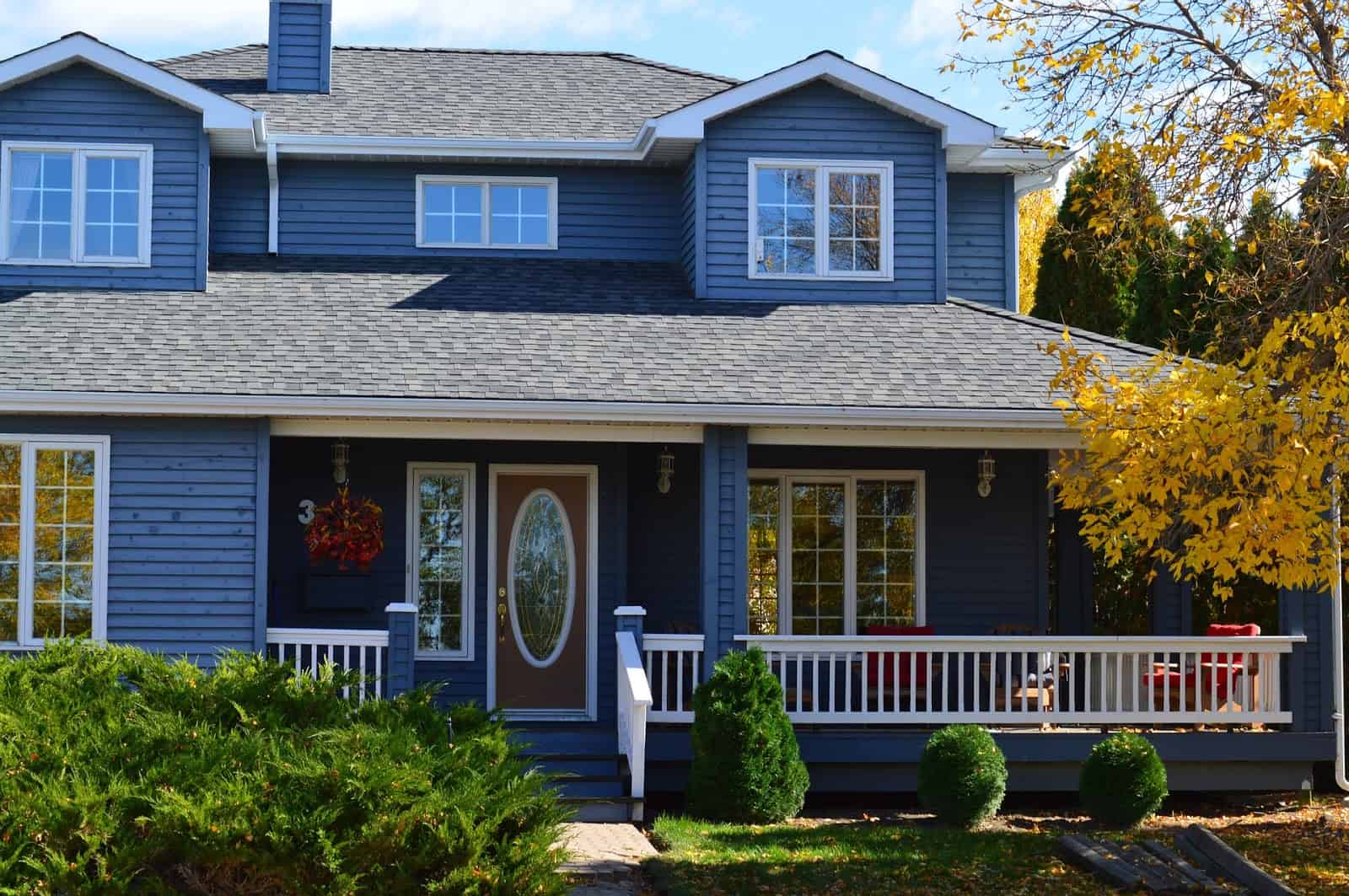
David Dardashti
A man who has been all around the media lately is David Dardashti. Born in Iran, David moved to the U.S at the age of 12, fleeing racist persecution in his home country. Residing in Chicago, he and his family had a difficult time in their first few years in America. Not knowing much English and coming to the U.S with barely any possessions forced David’s family to start fresh, as they left their home and almost all their personal belongings back in Iran. Fast forward around 6 years and David was accepted to the prestigious University of California Berkeley, a school he dreamt of attending. Still struggling with English and adapting to his life in America, he pushed through and graduated from UC Berkeley with the class of 1998, moving back to Chicago right after. Ever since then, he has been working at precious firms in Chicago’s famed financial district, learning market trends and making his clients wealthier along the way.
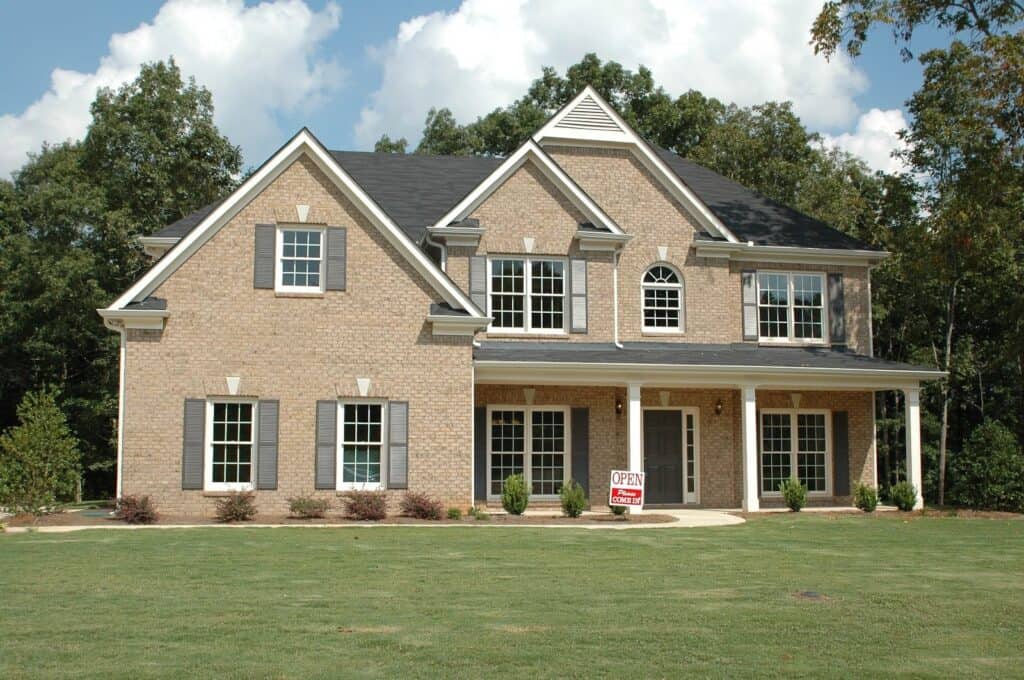
While David enjoys his day job and has worked in the financial industry for 2 decades, he tells us real estate investing has been one of his passions in generating more income and building wealth. It gives him a lot of control over his investment versus stocks, allowing him to customize his properties and decide specifically what he wants to own. When talking to David, he tells us that real estate is misunderstood by the general public. It is seen as a time-consuming task and not the “passive income” we all dream of. Additionally, people don’t see how amplified returns in real estate can get using different tools such as tax write-offs and leverage. In this article, we are going to outline the different ways David tells us he amplifies his real estate returns and how it’s completely possible to make a 30% or more return per year on a good deal.
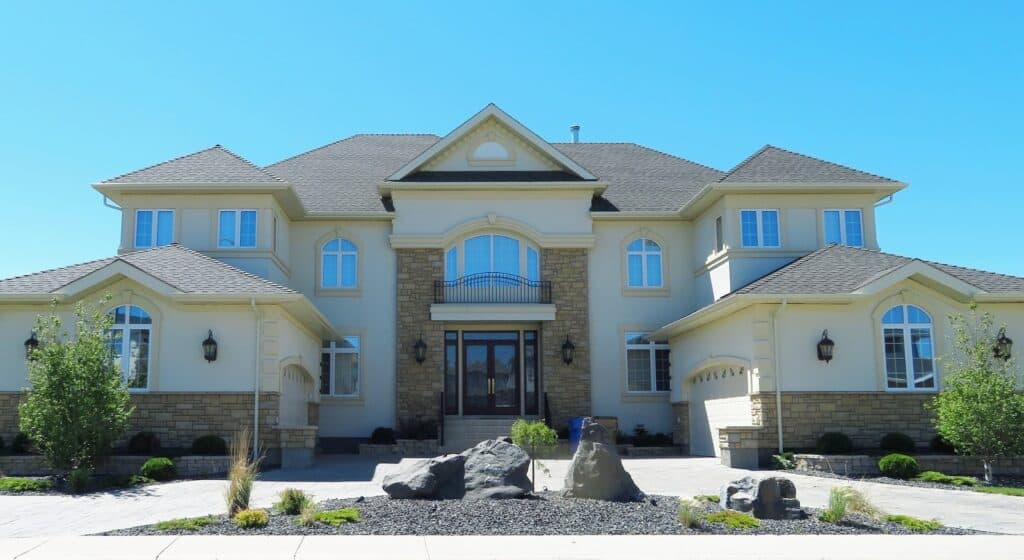
First, David recommends getting preapproved for a loan with hopefully good credit. It isn’t very difficult to build good credit nowadays, all it takes is monthly on-time credit card payments for about a year and you’ll get the best loan possible. The reason you need a loan is to leverage your money. With 20% down and the rest as a loan, a $100,000 investment can buy $500,000 in real estate vs only buying $100,000 without leverage. Once you found a property and have the loan set, it is time to find a deal.

David tells us that a lot of the money in real estate is made in the deal itself. Compared to stocks where the price between buyers and sellers agrees for the most part and is easily determined, real estate has inefficiencies in the market. Properties aren’t like stocks with thousands of buyers and selling giving it a perfect price, allowing investors like David to take advantage of these inefficiencies. David likes to find off-market properties and the so-called worst house on the block in a great area that is increasing in population. A “fixer-upper” he says. This allows him to buy it below market value, but some work into easy renovations, and immediately increase the value of the property over what you paid for it plus what is owed on it. Even better, this is simply equity in the property that increases your net worth and is not gained as ordinary income is.
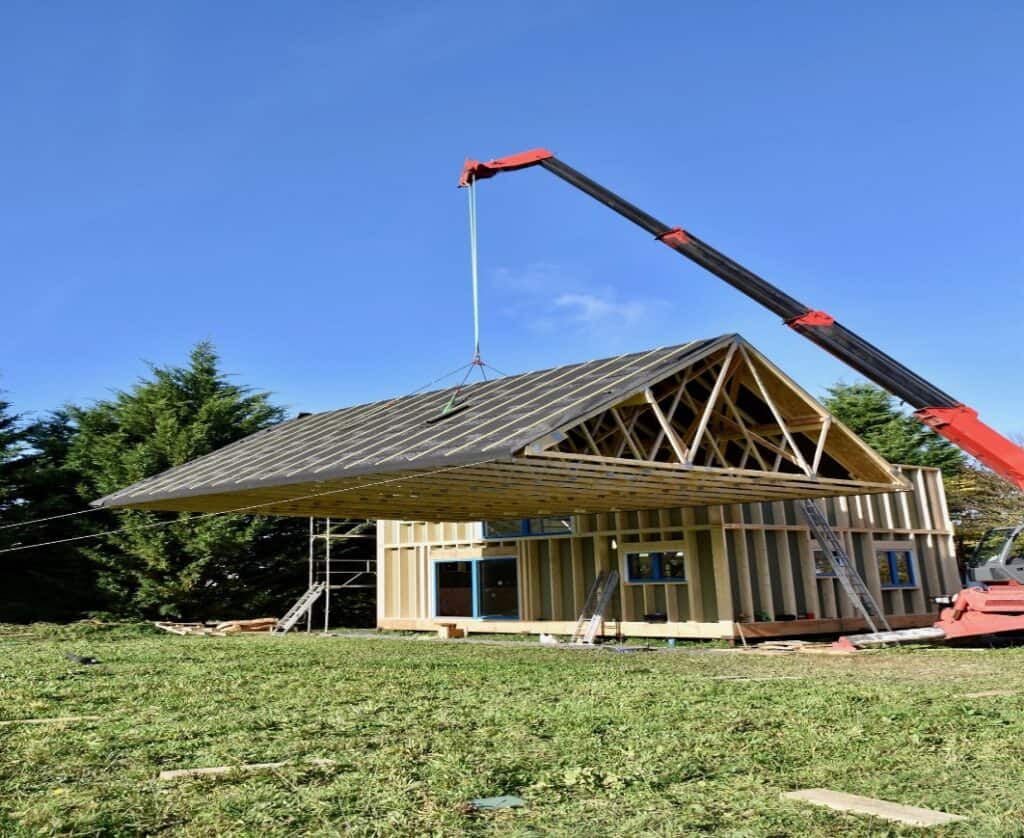
The next way you are making money is in property appreciation. Real estate on average returns around 3% per year historically, but properties in well-picked areas tend to increase more. While many people may think this is a mediocre return compared to the average of 7-10% of stocks, this is where our leverage comes into play. A $100,000 investment in stocks that makes an average return of 7% will increase your net worth by $7,000. However, we leveraged our $100,000 to buy a $500,000 property with a loan paying for the rest. Therefore, a 3% return on our property, while less than the 7% in stocks, works out to a $15,000 return, more than double in the stock market! Appreciation works heavily in our favor because we have a set loan amount that doesn’t increase as the property value increases so over time, the property value increases and we only put $100,000 of our own money into the investment. This might raise the question of what happens to the loan, and this brings us to our next point.

David puts tenants in all his properties who pay rent and consequently pay down the mortgage out of their pocket. In all good investments, the rent charged to the tenant should cover all expenses, including the mortgage, property taxes, insurance, and repairs, with a little additional money left over known as cash flow. This money is cash in your pocket and should be saved for any surprise expenses or just spent as regular income. Every month, the tenant will pay down the loan for you and after 30 years, the mortgage will be paid off, leaving you with a fully paid-off house. In this specific example, let’s use our $100,000 down payment and assume the tenant pays down the whole mortgage over 30 years and the property increases 3% per year. By the time the mortgage is paid off, our initial investment will turn into a fully paid off property worth $1.2 million, 12x our initial investment. This does not include the cash flow and all the tax advantages that come with real estate.
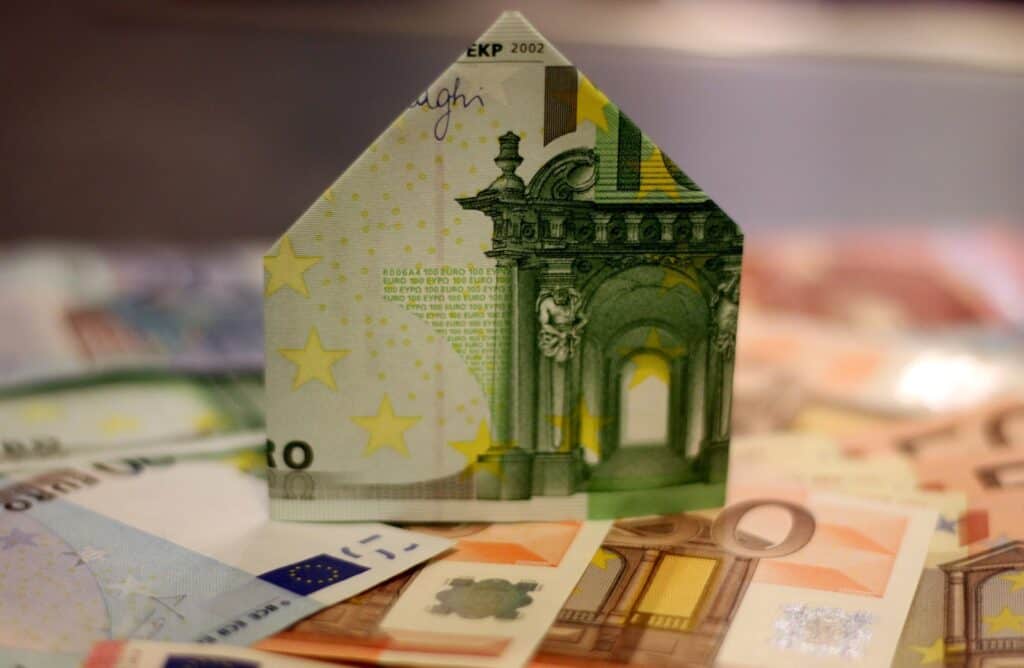
David tells us this is why real estate is his investment of choice. He says a lot of this learning has come with experience investing but the foundation of what was taught at his classes at UC Berkeley. He is very grateful for his education and says the tips he got from professors and classmates have stayed with him to this day.
Follow David on twitter@DavidDardashti_:
Also Check:
David Dardashti UC Berkeley- Chicago Businessman With A Passion For Finance
David Dardashti- Buying Cash Flow Positive Rental Properties
Sebastian was born and raised in the busy city of Abbottabad. As a journalist, Saad Mushtaq has contributed to many online publications including the PAK Today and the Huffing Post. In regards to academics, Saad Mushtaq earned a degree in business from the Abbottabad UST, Havelian. Saad Mushtaq follows the money and covers all aspects of emerging tech here at The Hear Up.Thanks










